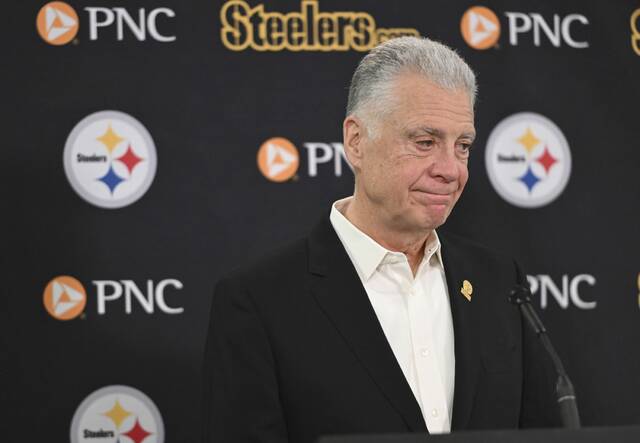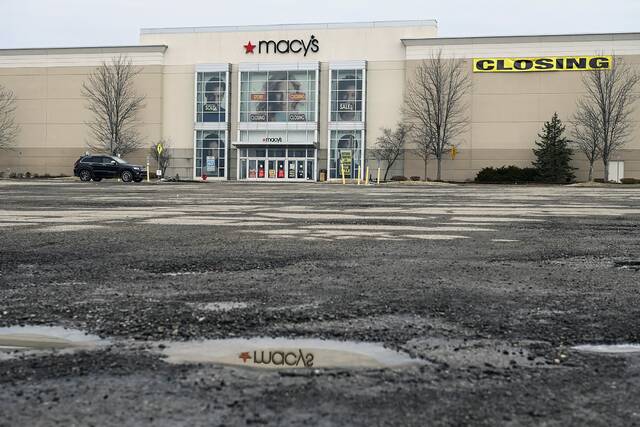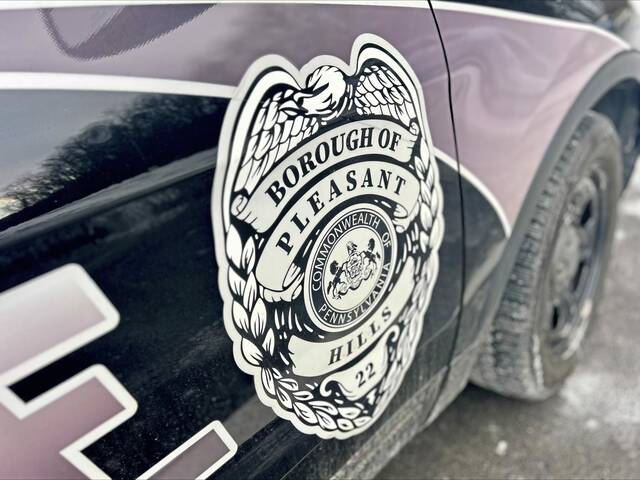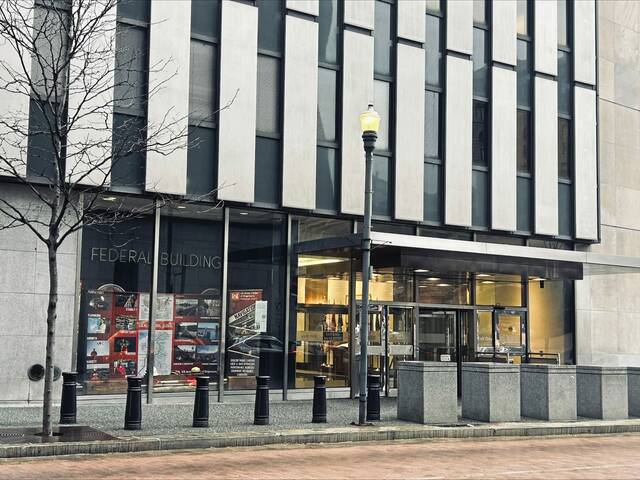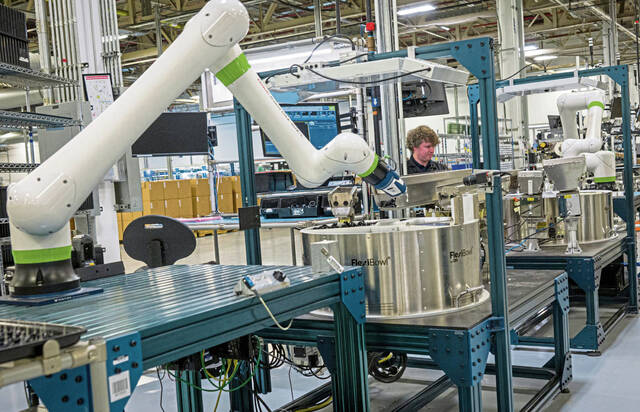UPMC Mercy’s South Side Outpatient Center sat dormant and quiet for about a year before it became the epicenter of some of the health care system’s covid-19 programs.
The focus of the Mary Street site has evolved since the pandemic began, concentrating on testing first with a UPMC-developed test and then with commercially available tests. As vaccines became available, the clinic expanded to offer mass vaccinations.
State and local officials were at the clinic — formerly South Side Hospital before it was taken over by UPMC — on Tuesday in a push to get more people vaccinated. Along with UPMC officials, state Acting Physician General Dr. Denise Johnson and Allegheny County Health Director Dr. Debra Bogen toured the clinic and stressed the safety and efficacy of the vaccines.
Though the focus of the tour was on shots, UPMC experts also touted the treatment offered at the South Side location — namely, monoclonal antibody treatment.
Since the pandemic began, about 500 patients have received the antibody treatment at the South Side clinic, said Dr. Richard Wadas, medical director for UPMC’s Center for Community Hospital Medicine. About 3,000 people received the treatment through outpatient centers across the hospital system.
In terms of a treatment that works and truly lessens the severity of the illness, Wadas said monoclonal antibodies are “one of the only things we’ve seen.”
A UPMC study among covid patients showed that early monoclonal antibody treatment cuts the risk of hospitalization and death by 60%.
“Monoclonal antibodies – particularly when given soon after infection – have proven tremendously beneficial in keeping our patients from needing hospitalization and from dying,” said Chief Medical Officer Dr. Donald Yealy, who co-authored the analysis.
Monoclonal antibodies are lab-created versions of the natural antibodies produced by one’s immune system, explained Erin McCreary, a UPMC infectious disease pharmacist.
“By giving monoclonal antibody treatment early in the infection,” McCreary said, “we give your immune system a leg up on the virus before it can take hold and do very severe damage.”
Still, officials said, preventing serious illness is a better option than treating it after the fact.
“We want to encourage everyone to get vaccinated,” Johnson said. “For the two-dose vaccines, it is imperative that people who get their first dose of vaccine also get their second dose to make sure they have the most protection available against the virus.”




